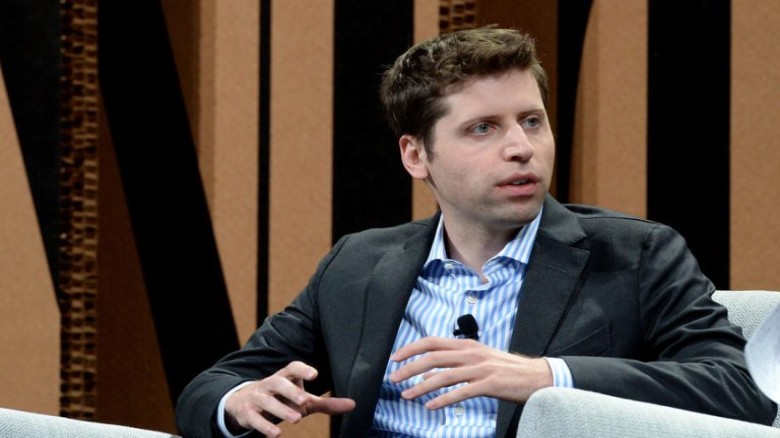Svante Paabo, a Swedish scientist, was named the winner of the 2022 Nobel Prize in Physiology or Medicine on Monday.
The 67-year-old was awarded the prize for his decades of work extracting DNA from 40,000-year-old bones and sequencing the genome of the extinct Neanderthal, a relative of modern humans.
He was also able to prove that extinct hominins and homo sapiens exchanged genes.
According to a statement on the Nobel Prize website, Paabo was awarded the prize “for his discoveries concerning the genomes of extinct hominins and human evolution.”
“Paabo’s seminal research spawned a completely new scientific discipline, paleogenomics.” His discoveries provide the foundation for further research into what makes us uniquely human by revealing genetic differences that distinguish all living humans from extinct hominins,” according to the statement.
What Paabo’s work accomplished was thought to be impossible, according to Dr Nils-Goran Larsson, Chairman of the Nobel Committee for Physiology or Medicine and Professor of Medical Biochemistry at the Karolinska Institute in Stockholm.
Paabo stated in an audio interview posted on the Nobel Prize website that his work made him realize that other types of humans existed and contributed to the homo sapiens of today.
“First and foremost, it tells us that we are very closely related, and we are so closely related that they contributed DNA to the ancestors of most people today, those with roots outside Africa, quite directly 50, 60 thousand years ago.” And that variation, those variants, do have an influence, and influence many things in our physiology today,” he said.
When asked if the discovery would alter how humans perceive themselves today, he responded, “In some ways, I do think it does, the sort of realization that until quite recently, maybe 14 hundred generations or so ago, there were other forms of humans around and they mixed with our ancestors and have contributed to us today.” The fact that the last 40 thousand years have been unique in human history in that we have been the only form of humans on the planet. Until that point, there were almost always other types of humans.”
When asked how he felt about his work winning the Nobel Prize, the Swedish said he “did not think that this really would qualify for a Nobel Prize,” adding that he never expected to receive the phone call informing him of his win.
“I was just finishing the last cup of tea before heading out to pick up my daughter from her nanny, where she had spent the night.”
“And then I got this call from Sweden, and I immediately assumed it was about our little summer house… “I thought the lawn mower had died or something,” Paabo explained.
Paabo, who was born on April 20, 1955, is a paleogenetics pioneer and a professor at Japan’s Okinawa Institute of Science and Technology.
In 1986, he received a PhD from Uppsala University in Sweden for his research on how the E19 protein of adenoviruses modulates the immune system.
In Leipzig, Germany, he is the director of the Max Planck Institute for Evolutionary Anthropology.
























Leave A Comment